Home>Gardening & Outdoor>Landscaping Ideas>What To Use To Kill Weeds In St. Augustine Grass
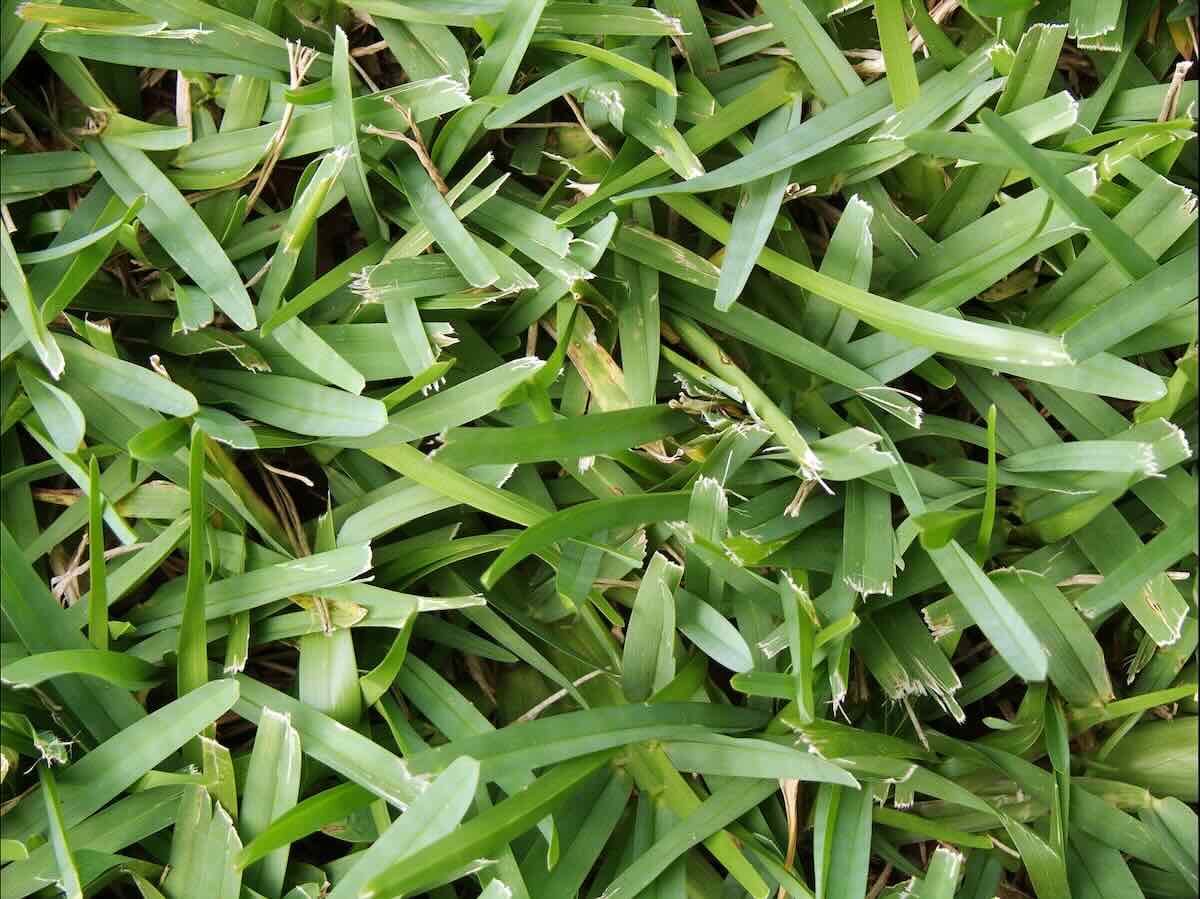

Landscaping Ideas
What To Use To Kill Weeds In St. Augustine Grass
Modified: February 18, 2024
Looking for effective landscaping ideas to kill weeds in St. Augustine grass? Discover the best solutions and products for a weed-free lawn.
(Many of the links in this article redirect to a specific reviewed product. Your purchase of these products through affiliate links helps to generate commission for Storables.com, at no extra cost. Learn more)
Introduction
Maintaining a lush, vibrant lawn is a source of pride for many homeowners. However, the presence of weeds in St. Augustine grass can quickly diminish the beauty of your outdoor space. Weeds not only detract from the visual appeal of your lawn but also compete with the grass for essential nutrients, water, and sunlight. As a result, it's crucial to address weed infestations promptly and effectively to preserve the health and aesthetics of your St. Augustine grass.
In this comprehensive guide, we will explore the various methods and products available for eradicating weeds in St. Augustine grass. Whether you prefer traditional chemical weed killers or organic alternatives, this article will provide valuable insights to help you make informed decisions about weed control in your lawn. By understanding the unique characteristics of St. Augustine grass and identifying common weeds that pose a threat to its well-being, you can implement targeted strategies to combat unwanted vegetation and promote the flourishing growth of your grass.
We will delve into the specific challenges associated with weed management in St. Augustine grass, offering practical solutions and expert recommendations to empower you in your quest for a weed-free lawn. From identifying the most effective chemical herbicides to exploring eco-friendly organic weed control methods, this guide will equip you with the knowledge and resources needed to tackle weed infestations and reclaim the pristine beauty of your St. Augustine grass.
As we embark on this journey to conquer weeds in St. Augustine grass, it's essential to approach the task with a blend of determination, knowledge, and a deep appreciation for the natural splendor of a healthy lawn. Let's delve into the intricacies of weed control in St. Augustine grass and discover the best strategies for nurturing a thriving, weed-free landscape.
Key Takeaways:
- Combat weeds in St. Augustine grass by using methods like manual removal, proper mowing, and pre-emergent herbicides. Understand the common weeds and choose the right strategy for a lush, weed-free lawn.
- Choose between chemical and organic weed control methods to protect your St. Augustine grass. From selective herbicides to natural options like mulching and vinegar-based herbicides, there are diverse ways to maintain a healthy, vibrant lawn.
Read more: How To Kill Weeds In St. Augustine Grass
Understanding St. Augustine Grass
St. Augustine grass, scientifically known as Stenotaphrum secundatum, is a warm-season turfgrass prized for its lush, dense growth and vibrant green hue. This popular grass variety thrives in subtropical and tropical regions, making it a preferred choice for lawns in the southern United States. Recognized for its exceptional tolerance to heat, St. Augustine grass exhibits robust growth during the warm months, providing a luxurious carpet of greenery that enhances the visual appeal of residential and commercial landscapes.
Characterized by broad, flat blades and a dense growth habit, St. Augustine grass creates a velvety, uniform lawn surface that exudes a welcoming charm. Its ability to establish a thick, lush turf makes it an attractive option for homeowners seeking a visually striking and resilient grass species. Additionally, St. Augustine grass demonstrates moderate shade tolerance, making it suitable for lawns with varying sun exposure levels.
One of the key attributes of St. Augustine grass is its rapid lateral growth, which enables it to fill in bare patches and create a cohesive, uniform lawn surface. This vigorous spreading habit contributes to the grass's ability to outcompete weeds and maintain a dense, weed-resistant turf when properly cared for.
In terms of maintenance, St. Augustine grass benefits from regular mowing to promote healthy growth and discourage weed encroachment. It thrives in well-drained soils and requires adequate moisture to sustain its lush appearance, making it essential to provide consistent watering, particularly during periods of drought or high temperatures.
Understanding the unique characteristics and growth patterns of St. Augustine grass is crucial for effective weed management. By recognizing the inherent strengths and vulnerabilities of this grass variety, homeowners can implement targeted strategies to preserve its health and vitality while combating invasive weeds that threaten its well-being.
As we delve deeper into the realm of weed control in St. Augustine grass, it's essential to appreciate the resilience and beauty of this beloved turfgrass, harnessing our knowledge to safeguard its splendor and ensure a thriving, weed-free lawn.
Common Weeds in St. Augustine Grass
Weeds are persistent adversaries that can infiltrate and disrupt the pristine expanse of St. Augustine grass, posing a formidable challenge to the health and aesthetics of the lawn. Understanding the common weeds that tend to encroach upon St. Augustine grass is essential for implementing targeted eradication measures and preserving the integrity of the turf. Let's explore some of the most prevalent weeds that homeowners may encounter in their St. Augustine grass lawns:
1. Dollarweed (Hydrocotyle spp.)
Dollarweed, also known as pennywort, is a perennial weed characterized by its rounded leaves and creeping stems. It thrives in moist, low-lying areas and can quickly spread across the surface of St. Augustine grass, forming dense mats that smother the turf. Dollarweed's rapid growth and resilience make it a persistent nuisance, necessitating proactive management strategies to prevent its proliferation.
2. Crabgrass (Digitaria spp.)
Crabgrass is a common annual weed that can infiltrate St. Augustine grass lawns, particularly in areas with compacted soil or sparse turf coverage. Identified by its low-growing, spreading habit and coarse texture, crabgrass competes with the grass for essential resources, compromising the uniformity and vitality of the lawn. Its prolific seed production and resilience to mowing height make it a formidable opponent in the battle against weeds.
Read more: How To Kill St. Augustine Grass
3. Doveweed (Murdannia nudiflora)
Doveweed is a broadleaf perennial weed that thrives in moist, poorly drained soils, making it a prevalent invader in St. Augustine grass lawns. Recognizable by its lance-shaped leaves and prostrate growth habit, doveweed can quickly establish dense patches within the turf, impeding the healthy growth of the grass and detracting from the overall visual appeal of the lawn.
4. Spurge (Euphorbia spp.)
Spurge, a low-growing annual weed, poses a persistent threat to St. Augustine grass due to its rapid spread and prolific seed production. Its proclivity for infesting bare or thin areas of the lawn makes it a common nuisance, necessitating vigilant weed control measures to prevent its encroachment and preserve the pristine appearance of the turf.
5. Nutsedge (Cyperus spp.)
Nutsedge, often referred to as nutgrass, is a perennial weed that can infiltrate St. Augustine grass lawns, particularly in moist or poorly drained areas. Its distinctive triangular stems and rapid growth make it a formidable adversary, capable of outcompeting the grass and establishing dense colonies within the turf, necessitating targeted eradication efforts to curtail its spread.
By familiarizing themselves with these common weeds in St. Augustine grass, homeowners can adopt proactive measures to mitigate weed infestations and safeguard the health and beauty of their lawns. Identifying these prevalent intruders is the first step toward implementing effective weed control strategies tailored to the unique challenges posed by each weed species.
Methods for Killing Weeds in St. Augustine Grass
When it comes to eradicating weeds in St. Augustine grass, employing effective methods is essential to maintain the health and visual appeal of the lawn. Here are several proven strategies for killing weeds in St. Augustine grass:
1. Manual Weed Removal
Hand-pulling weeds is a straightforward yet labor-intensive method for eliminating unwanted vegetation from St. Augustine grass. This approach is particularly effective for targeting individual weeds or small patches of invasive plants. By grasping the base of the weed near the soil surface and gently pulling upward, homeowners can extract the entire plant, including the roots, to prevent regrowth. Manual weed removal is best suited for addressing isolated weed infestations and can be complemented by other weed control methods for comprehensive management.
2. Mowing Practices
Maintaining the appropriate mowing height for St. Augustine grass can contribute to weed suppression by promoting the vigor and density of the turf. By adhering to the recommended mowing height for St. Augustine grass, typically between 2.5 to 4 inches, homeowners can encourage the grass to develop a dense canopy that inhibits weed establishment and growth. Regular mowing also prevents weeds from producing seeds and spreading across the lawn, contributing to effective weed control in St. Augustine grass.
3. Pre-Emergent Herbicides
Pre-emergent herbicides are valuable tools for preventing weed seeds from germinating and establishing in St. Augustine grass. These specialized herbicides create a barrier in the soil, inhibiting the growth of weed seedlings and reducing the likelihood of weed infestations. When applied at the appropriate times, typically during the spring and fall, pre-emergent herbicides can provide long-lasting weed control, offering homeowners a proactive solution to combat invasive plants before they emerge in the lawn.
4. Post-Emergent Herbicides
Post-emergent herbicides are designed to target and eliminate actively growing weeds in St. Augustine grass. These herbicides are available in selective and non-selective formulations, allowing homeowners to choose products that specifically target certain weed species while minimizing impact on the desirable grass. Selective post-emergent herbicides are tailored to control broadleaf weeds or grassy weeds without harming St. Augustine grass, providing targeted weed management for a pristine lawn.
Read more: How To Kill Crabgrass In St. Augustine Grass
5. Integrated Weed Management
Implementing an integrated approach to weed management involves combining multiple strategies to effectively control weeds in St. Augustine grass. By integrating cultural practices, such as proper watering and fertilization, with mechanical and chemical weed control methods, homeowners can create a comprehensive weed management plan that addresses the unique challenges of their lawn. Integrated weed management emphasizes a holistic and sustainable approach to weed control, promoting the long-term health and resilience of St. Augustine grass while minimizing the impact of invasive weeds.
By incorporating these methods for killing weeds in St. Augustine grass, homeowners can proactively combat weed infestations and preserve the lush beauty of their lawns. Each approach offers unique benefits and can be tailored to suit the specific weed control needs of individual landscapes, empowering homeowners to achieve a thriving, weed-free St. Augustine grass lawn.
Chemical Weed Killers for St. Augustine Grass
Chemical weed killers, also known as herbicides, are potent tools for targeting and eradicating weeds in St. Augustine grass. These specialized formulations are designed to selectively or non-selectively control unwanted vegetation, offering homeowners effective options for weed management. When used judiciously and in accordance with label instructions, chemical weed killers can play a pivotal role in maintaining the pristine appearance and health of St. Augustine grass lawns.
Selective Herbicides
Selective herbicides are tailored to target specific types of weeds while minimizing harm to desirable grass species such as St. Augustine grass. For broadleaf weed control in St. Augustine lawns, herbicides containing active ingredients such as 2,4-D, dicamba, and mecoprop (MCPP) are commonly utilized. These selective formulations effectively combat invasive broadleaf weeds such as dandelions, clover, and plantain without compromising the integrity of the St. Augustine grass. By adhering to application guidelines and timing, homeowners can achieve targeted weed control while preserving the lush expanse of their lawns.
Non-Selective Herbicides
Non-selective herbicides are broad-spectrum weed killers that can effectively eliminate a wide range of weeds, including both broadleaf and grassy species. While non-selective herbicides have the potential to damage or kill St. Augustine grass if not applied with precision, they are valuable for eradicating pervasive weed infestations in non-turf areas such as driveways, walkways, and garden beds. Glyphosate-based herbicides are commonly used as non-selective weed killers, offering potent and comprehensive control of unwanted vegetation in designated areas while necessitating caution to prevent unintended damage to St. Augustine grass.
Read more: How To Remove Weeds From St.Augustine Grass
Systemic Herbicides
Systemic herbicides are absorbed by the weeds and translocated throughout the plant, effectively targeting the roots and inhibiting regrowth. These herbicides offer long-term control of persistent weeds in St. Augustine grass, penetrating the vascular system of the plants to deliver a thorough and enduring eradication effect. Systemic herbicides are available in both selective and non-selective formulations, providing homeowners with versatile options for combating weeds while safeguarding the health and vitality of their St. Augustine lawns.
Contact Herbicides
Contact herbicides deliver rapid and localized weed control by directly affecting the foliage of the targeted plants upon application. These herbicides are particularly effective for addressing actively growing weeds in St. Augustine grass, delivering swift and visible results. While contact herbicides may require repeated applications to manage perennial weeds, they offer homeowners a valuable tool for immediate weed suppression and containment.
By leveraging the diverse capabilities of chemical weed killers, homeowners can address weed infestations in St. Augustine grass with precision and efficacy. Whether targeting specific weed species with selective herbicides or addressing widespread weed challenges with non-selective formulations, the strategic use of chemical weed killers can contribute to the preservation of a flourishing, weed-free St. Augustine grass lawn.
Organic Weed Control for St. Augustine Grass
Organic weed control methods offer homeowners sustainable and environmentally friendly alternatives for managing weed infestations in St. Augustine grass. By harnessing the power of natural products and cultural practices, homeowners can effectively combat weeds while promoting the health and resilience of their lawns. Here are several organic weed control strategies tailored to the unique characteristics of St. Augustine grass:
Cultural Practices
Implementing cultural practices that promote the vigor and density of St. Augustine grass can contribute to natural weed suppression. Maintaining the appropriate mowing height, typically between 2.5 to 4 inches, encourages the grass to develop a dense canopy that inhibits weed establishment and growth. Additionally, regular watering and proper fertilization support the robust growth of St. Augustine grass, enhancing its ability to outcompete weeds and maintain a lush, weed-resistant turf.
Read more: What To Use To Kill Grass And Weeds
Mulching
Utilizing organic mulches, such as wood chips or straw, can help suppress weed growth in St. Augustine grass while enriching the soil. Mulch serves as a protective barrier, inhibiting the germination and establishment of weed seeds while retaining soil moisture and regulating temperature. By applying a layer of mulch around the base of grass plants and in bare soil areas, homeowners can create an inhospitable environment for weeds, fostering a healthier and more resilient lawn.
Organic Herbicidal Soaps and Oils
Organic herbicidal soaps and oils offer targeted weed control by disrupting the cellular structure of unwanted vegetation. These natural products, derived from plant-based sources, effectively desiccate and eliminate weeds while minimizing impact on the surrounding environment. When applied with precision, organic herbicidal soaps and oils can provide homeowners with a non-toxic and sustainable solution for managing weeds in St. Augustine grass.
Vinegar-Based Herbicides
Vinegar-based herbicides, specifically those containing high concentrations of acetic acid, offer a potent organic alternative for weed control in St. Augustine grass. When applied to actively growing weeds, vinegar-based herbicides deliver rapid desiccation and suppression, effectively targeting unwanted vegetation while decomposing into natural byproducts. By leveraging the weed-killing properties of vinegar, homeowners can achieve effective weed management without resorting to synthetic chemicals.
Integrated Weed Management
Integrating organic weed control methods with cultural practices and mechanical weed removal forms a holistic approach to managing weeds in St. Augustine grass. By combining sustainable strategies and natural products, homeowners can create a comprehensive weed management plan that aligns with their commitment to organic lawn care. Integrated weed management emphasizes the preservation of the natural ecosystem while promoting the long-term health and vitality of St. Augustine grass.
By embracing organic weed control methods, homeowners can nurture a thriving, weed-free St. Augustine grass lawn while minimizing the environmental impact of traditional chemical herbicides. These sustainable strategies empower homeowners to cultivate a resilient and visually captivating landscape, harmonizing the beauty of their lawns with eco-conscious weed management practices.
Conclusion
In conclusion, the quest for a weed-free St. Augustine grass lawn is a journey that demands a blend of knowledge, dedication, and strategic action. By understanding the unique characteristics of St. Augustine grass and identifying common weeds that pose a threat to its well-being, homeowners can implement targeted strategies to combat unwanted vegetation and promote the flourishing growth of their lawns.
The battle against weeds in St. Augustine grass encompasses a diverse array of methods and products, each offering distinct benefits and considerations. From manual weed removal and cultural practices to the strategic use of chemical and organic weed control solutions, homeowners have a wealth of options at their disposal to safeguard the health and aesthetics of their lawns.
The resilience and beauty of St. Augustine grass serve as a testament to the enduring allure of well-maintained turf, inspiring homeowners to embrace the challenge of weed management with determination and ingenuity. Whether leveraging the precision of selective herbicides, harnessing the sustainable power of organic weed control methods, or integrating cultural practices for natural weed suppression, homeowners possess the tools and knowledge needed to cultivate a thriving, weed-free landscape.
As we navigate the complexities of weed control in St. Augustine grass, it is essential to recognize the profound impact of our efforts on the long-term health and vitality of the lawn. By adopting a proactive and informed approach to weed management, homeowners can preserve the natural splendor of their St. Augustine grass while fostering a resilient and visually captivating landscape.
In the pursuit of a weed-free St. Augustine grass lawn, homeowners are empowered to embrace the art of nurturing and protecting their outdoor sanctuaries, cultivating a harmonious balance between the vibrancy of the grass and the tranquility of a pristine, weed-free expanse. With a deep appreciation for the enduring allure of a healthy lawn, we embark on a journey of stewardship, guided by the wisdom and insights shared in this comprehensive guide.
As we bid farewell to the complexities of weed control in St. Augustine grass, we carry with us the knowledge and determination to cultivate landscapes that reflect the timeless beauty and resilience of nature, ensuring that our St. Augustine grass lawns stand as vibrant testaments to our unwavering commitment to excellence and natural splendor.
Frequently Asked Questions about What To Use To Kill Weeds In St. Augustine Grass
Was this page helpful?
At Storables.com, we guarantee accurate and reliable information. Our content, validated by Expert Board Contributors, is crafted following stringent Editorial Policies. We're committed to providing you with well-researched, expert-backed insights for all your informational needs.
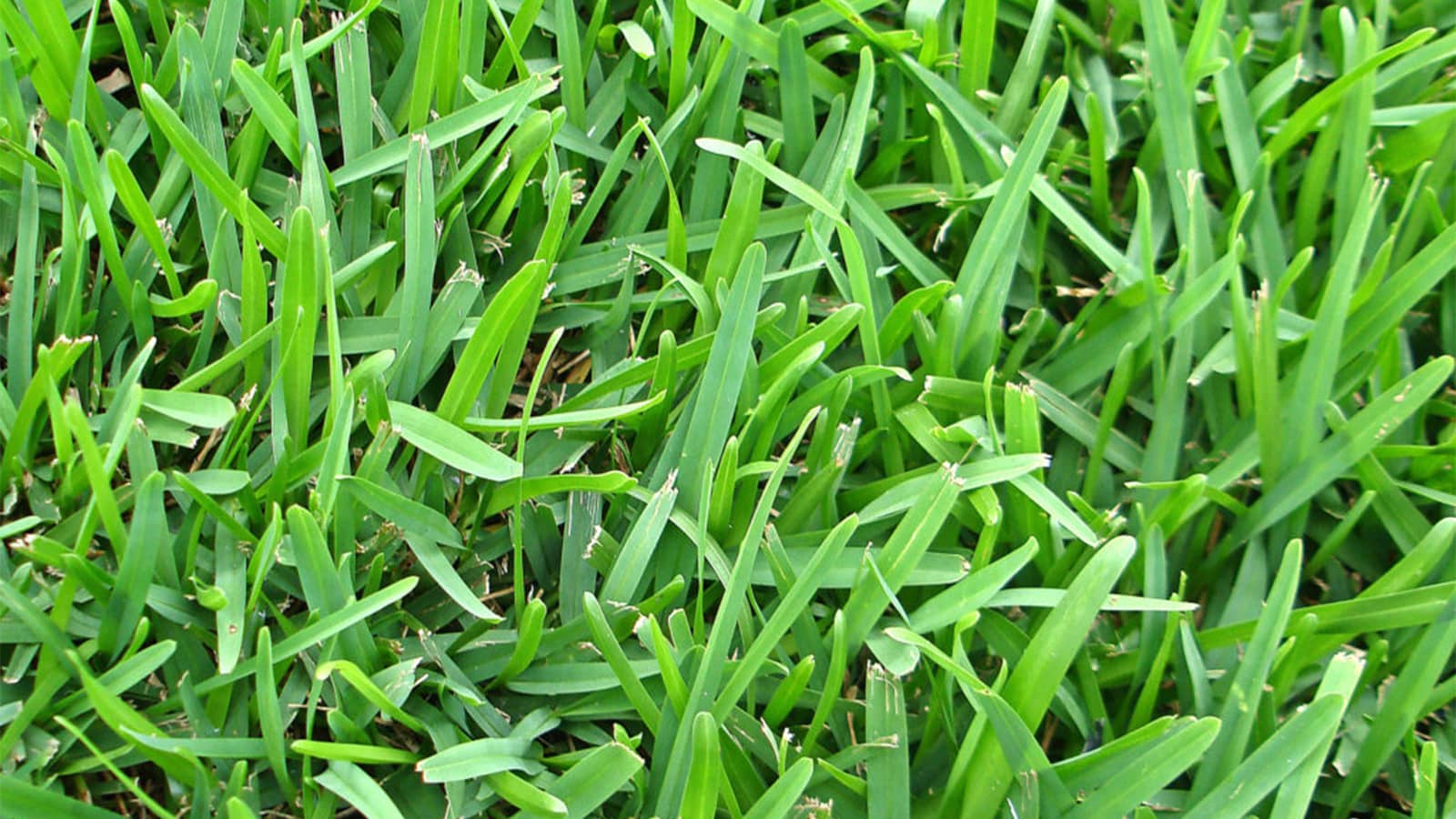
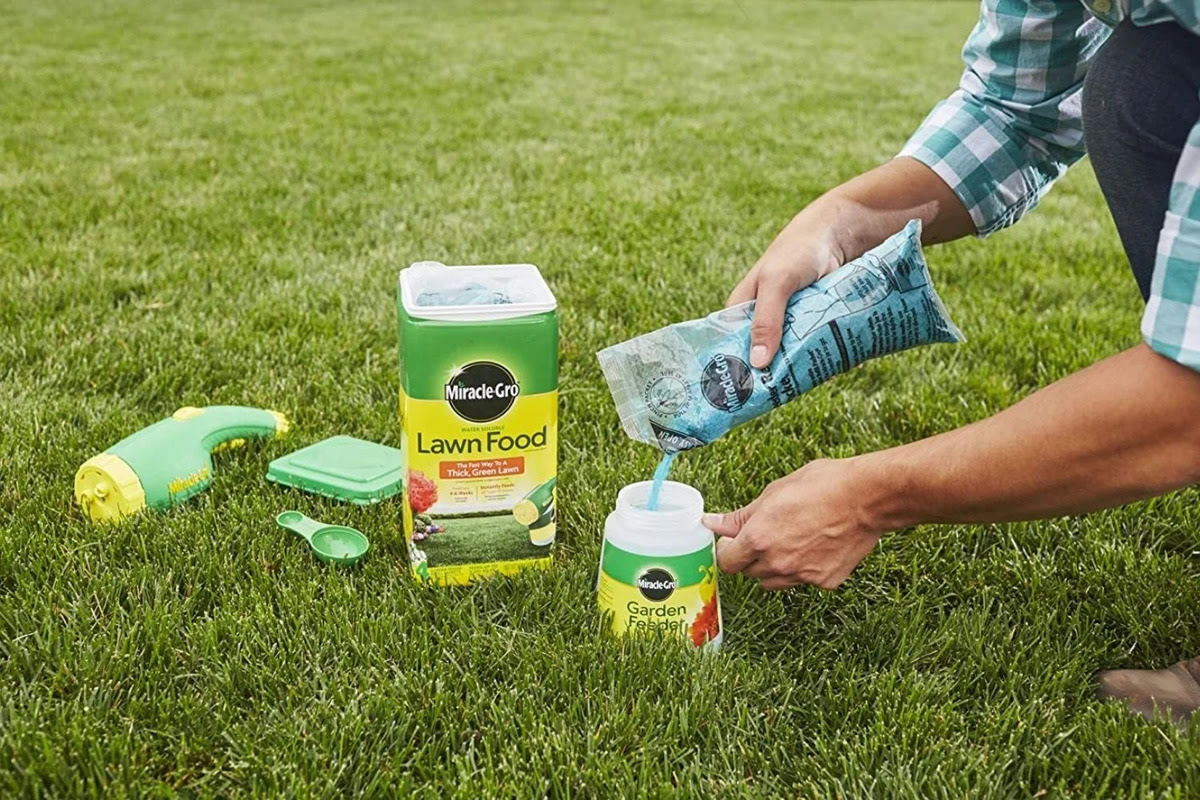
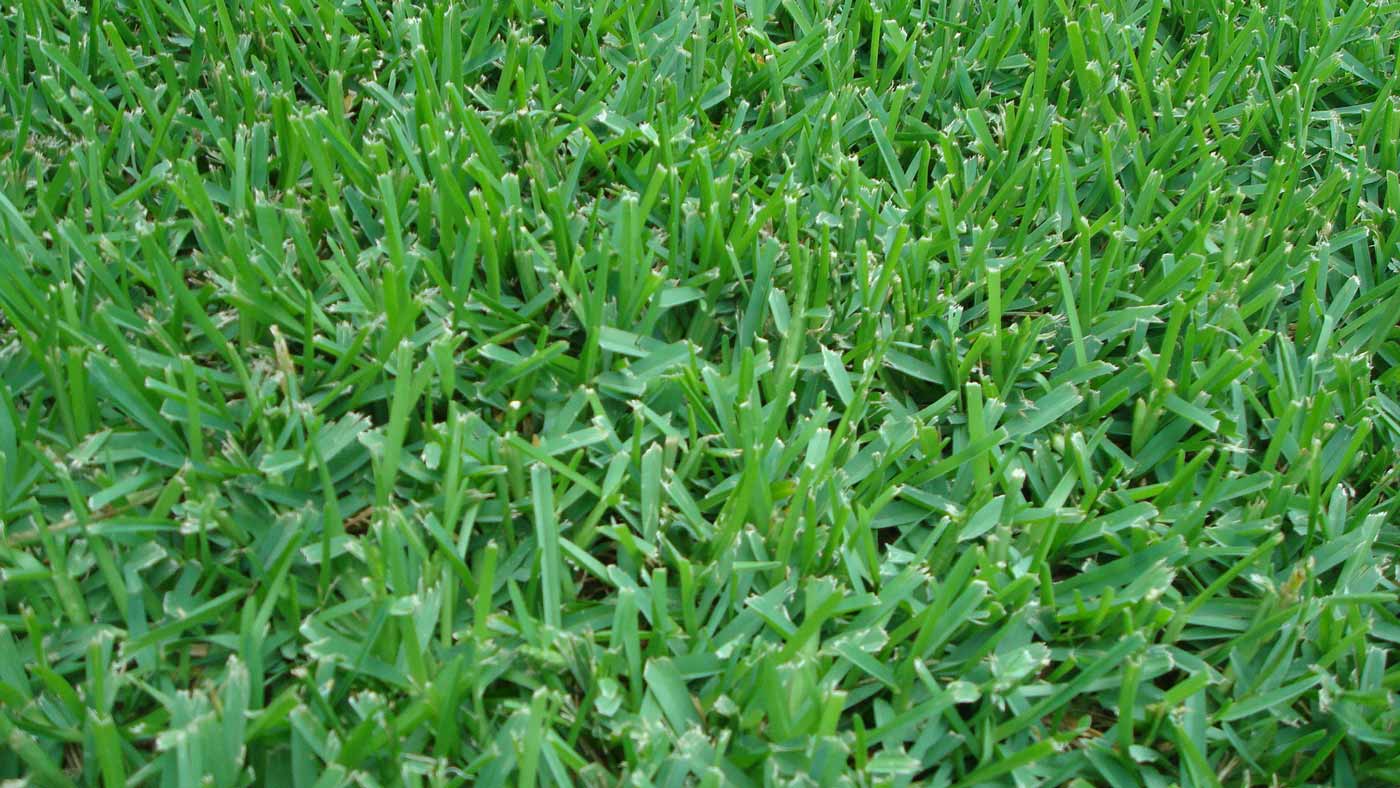
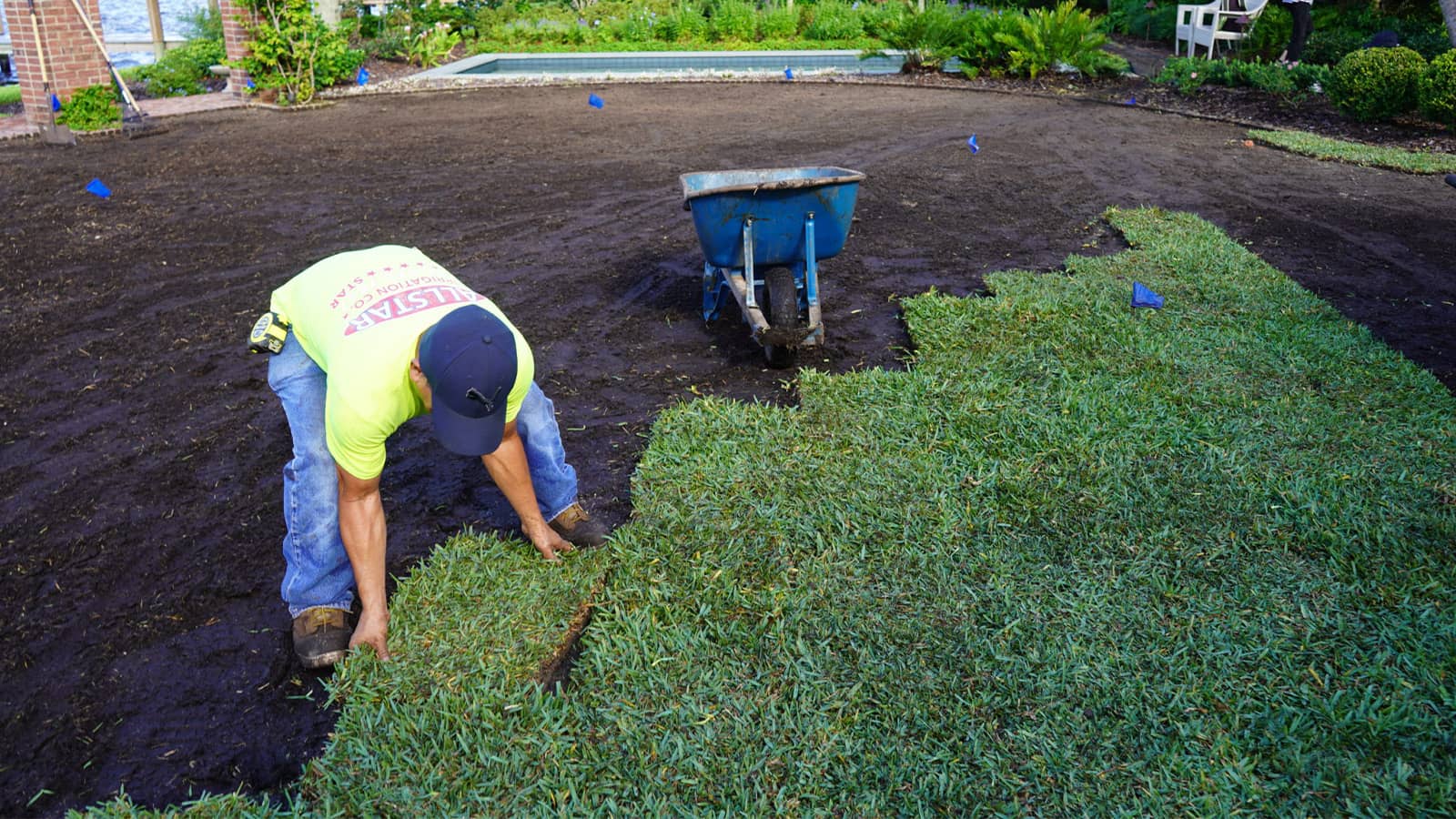
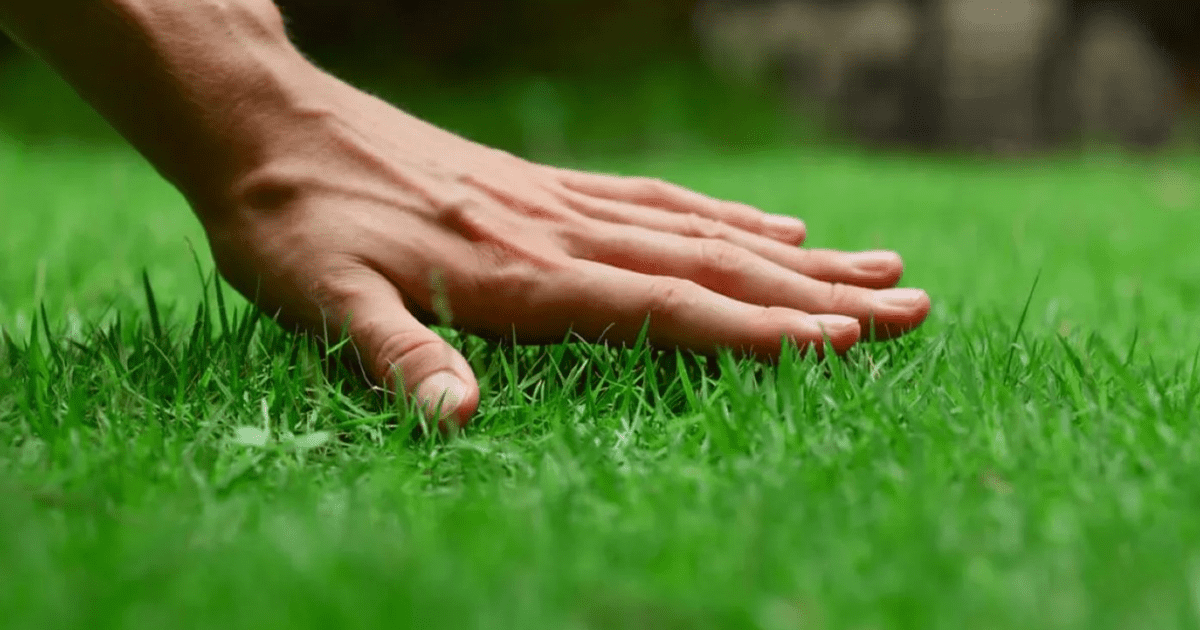
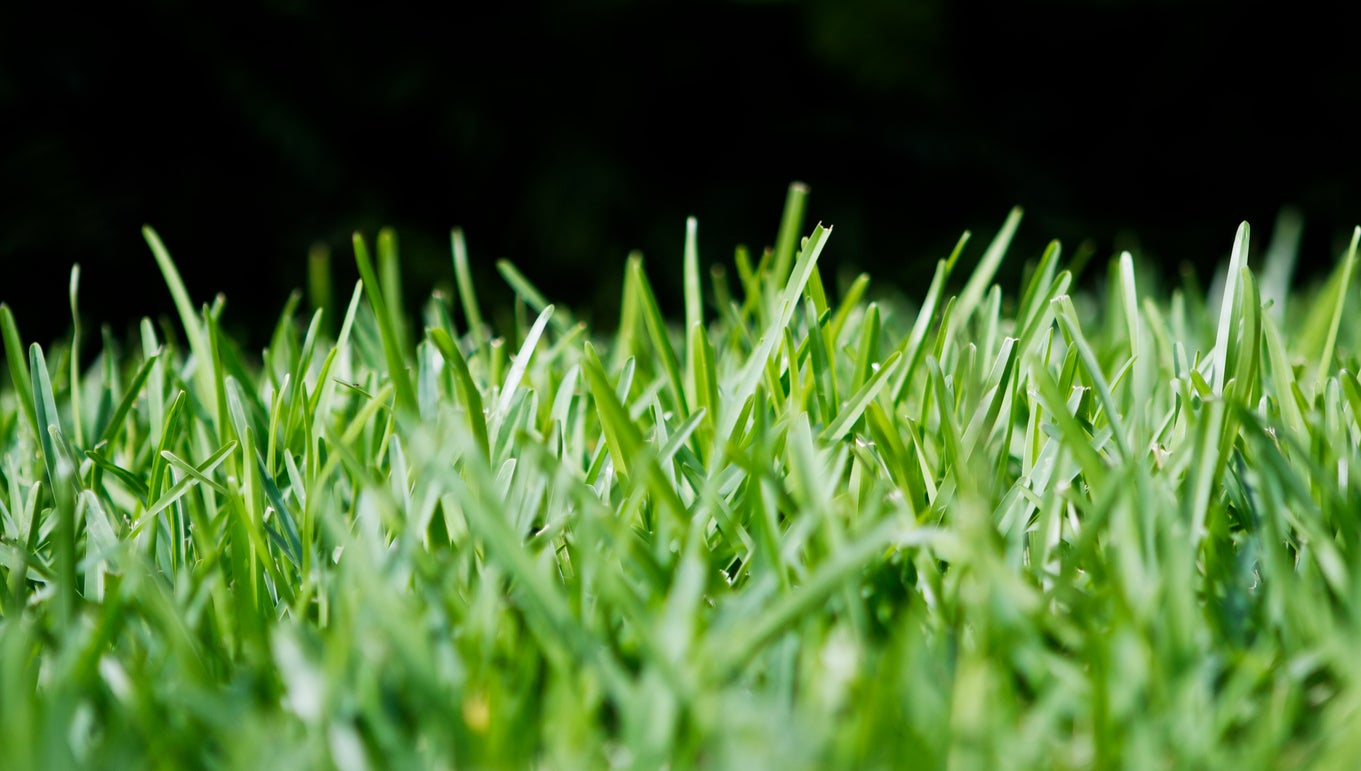
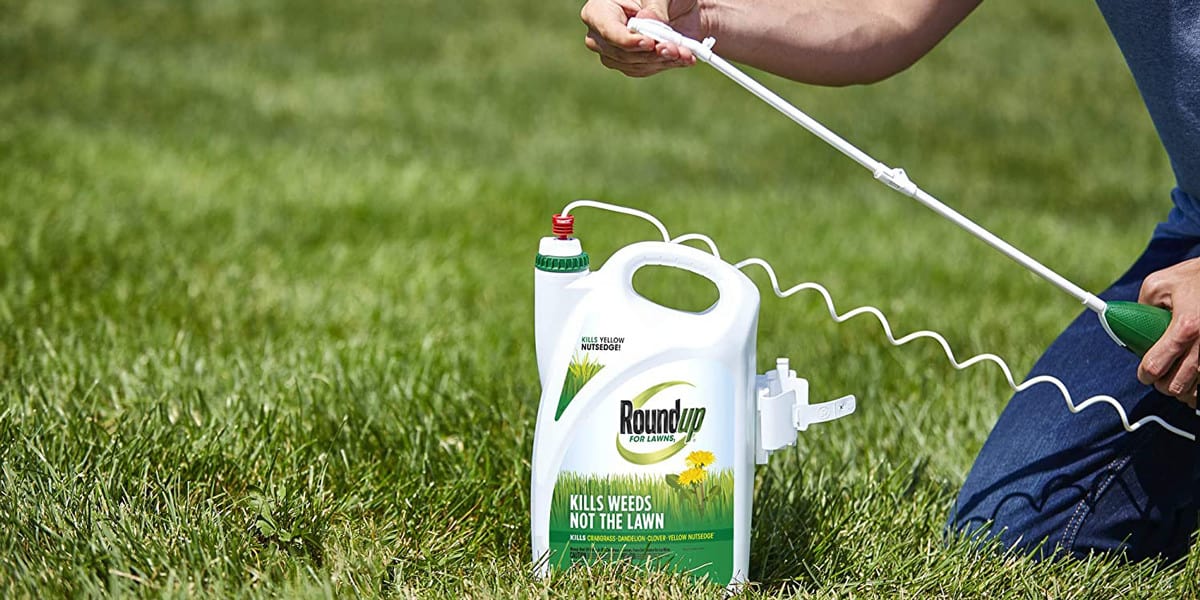
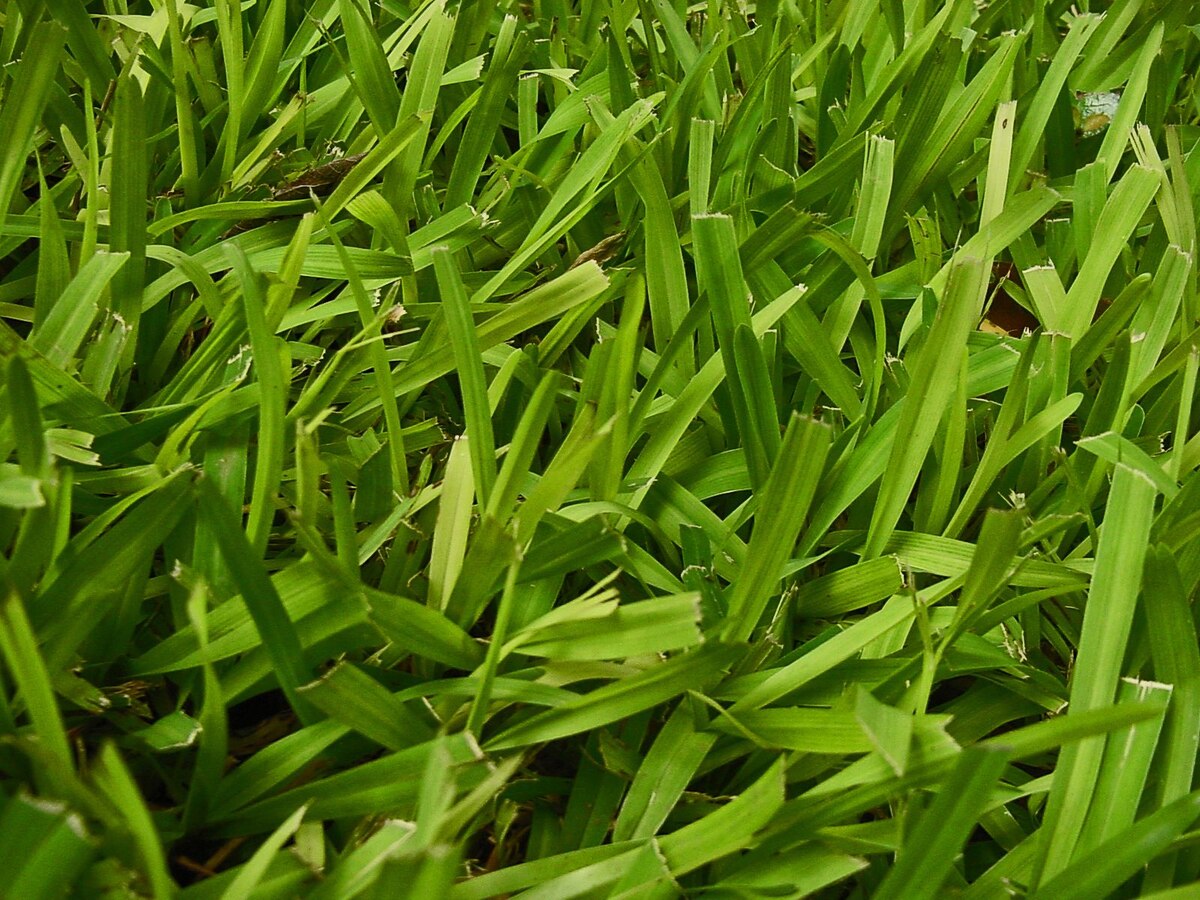
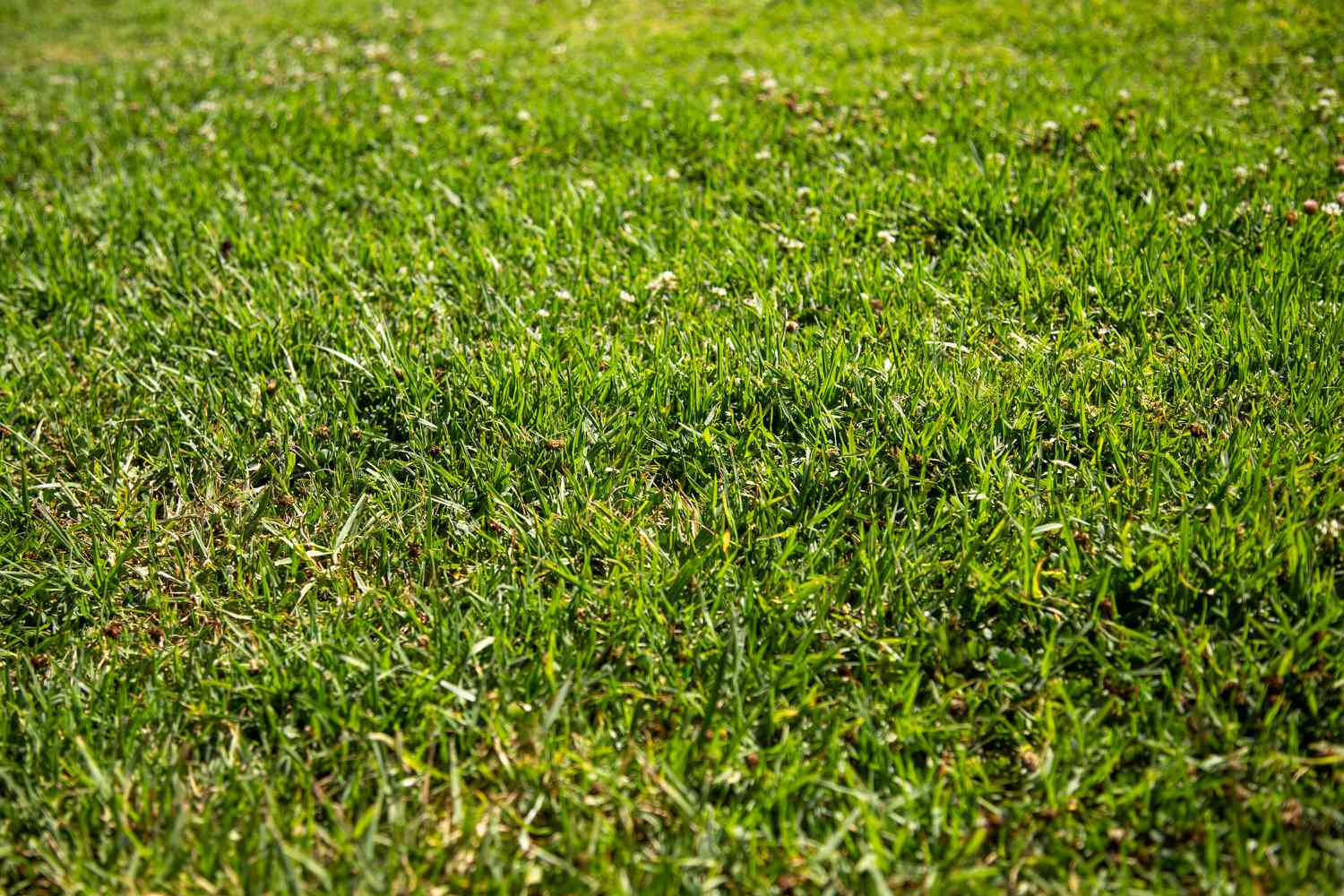

0 thoughts on “What To Use To Kill Weeds In St. Augustine Grass”